Debola Israel-Bolarinwa is a seasoned cybersecurity expert with a wealth of international experience. She has served on steering committees and as a member of a UK government think-tank, contributing to the development of proactive cybersecurity strategies for critical national infrastructure and energy organisations. The banker-turned-global security professional speaks about her passion for national development, Tosin Cleggbrings the excerpts:
H
ow would you describe your professional background?
My background is generally in consultancy, organisational development and performance enhancement. From there, I moved on to managing programmes and projects and into IT as a project manager. A good project manager should be able to manage projects in any field. I say to people generally, that you should know everything about something and something about everything. That led me into a lot of fields globally because I intended to work with big organisations or national governments in the UK. A lot of the time, you tend to manage multisite projects. That was good for me in terms of exposure. In my bid to know a little about everything, I moved into IT and then into cyber security. Many of the people who know me for organisational development and business management consultancy may not immediately know me as a cyber security specialist, particularly in this part of the world. I went through secondary school and tertiary education in the UK but came back to Nigeria and lived with my family for nine years. I ran my own management consultancy while I was here.
What steps led you to where you are today professionally?
My first degree was in Applied Chemistry. I graduated in 1989 then did my MBA, graduated in 1991 and went straight into banking. I qualified for ACIB. I was done by 1992. I went into management consultancy. I trained as a project manager. On the 15th of July, I will be 57. I got all my qualifications by 2000. I came to Nigeria in 2007, set up my consultancy in 2008. I was here roughly nine years then I went back to the UK. I went back to the UK because of my family. I am very dedicated to my work and I am passionate about my family. We wanted our children to know Nigeria and be Nigerian. My son is going into the university. Before you know it, the girls too would go into the university too. I have a son and two daughters. I needed to pour more of myself into them. I strongly believe that life is in cycles and in seasons. Once you miss a season, you can never pull it back. You can never be 10 years or 15 years again. I just went back to be with my children.
What informed your decision to go into cyber security?
I have always been an IT person through my management work. I have always managed IT professionals. You want to manage effectively, so whenever I go into a task or job or team, I would make time to study what they are doing so that I can speak with them with intelligence and we understand each other. I have always had that background knowledge of IT. But in terms of actually focusing on cyber, I started training about 7 years ago. What endeared me to it is the fact that we need to pay keen attention to cyber. I foresaw all the things happening now with AI and all of those things as a few others would have seen those things too. In spite of how I look, I realised that at this stage of my life, I needed something I could rely on as a consultant rather than going into a nine-to-five job. I needed something that was sustainable. But ultimately, I want to serve the people, and I mean that sincerely. But I don’t want to be a politician. I want to serve the people because that is how I am wired. If I am not serving people, I am like fish out of water. If you ask people, they will tell you she is a people person. I cry when I go to the bank and see the security guards. I can tell who has eaten and who has not eaten. It makes my heart bleed. And I know that we can do it because we do it for people outside this country, and we have the money and resources to do it.
What stage of life can you say you are at now?
The other part of this is that I am at a stage in my life where it is time for service. I have always lived the life of service, but I feel right now that I need to be doing more in terms of spreading wealth. I would like to see Nigeria’s wealth spread. I know that people talk about it a lot and I know that a lot of people are doing good things. It is just how we get synergy, pull together to make it better. Nigeria is a very wealthy country and there is absolutely no reason why anybody should not be able to have a decent meal a day and there is no reason why anybody should not be able to send their children to school, maybe not at the same level. There is absolutely no reason why Nigerians should not be educated. When we are educated we do extremely well and we go to build and develop other countries. You hear that a Nigerian is the best Neuro-surgeon in America or you hear this or that Nigerian is the best solar engineer in Switzerland. God has blessed us with so many natural resources as well as mighty brains, using myself as an example. Nigerians generally are very resilient people. We are strong and we don’t take no for an answer. Even though I say it myself, I am highly effective when I do things and they recognise that about me. When I type D. Israel Bolanrinwa and put it out there, I call for a meeting, they are visibly shocked, because first, they don’t expect me to be a woman and they definitely don’t expect me to be black.
Why don’t you want to go into politics?
We all know the fate of politics in Nigeria. I am a very practical person. I say to people, they will get rid of me within one week. So the closest I can do to that is to work in partnership with the government, maybe work as a consultant or something along those lines. But I am not cut out to be a politician.
The difficulty with cyber security is practicalising it how do you handle this situation?
Cybersecurity is supposed to be part of the fabric of an organisation. An organisation is an independent entity. In the same way that we breathe to survive, an organisation has to survive on the key tenets, and cyber security in today’s world is not something you attach as an adult; it has to be part of the fabric of business. Look at AI. you can do anything with it. AI is crazy right now. You can say to me, no, no, no, you are the one who withdrew this N1 million or no, your name is there, your picture is there, someone videoed you while you were in the bank, but I have not been in Nigeria. Right now a lot of security breaches come through third party suppliers because they will not come to my company because they know that we are secure. They will come through someone who has got access to my company. Now, with these organizations, you have to give them access to do the work they are doing. For example, taking your organisation into the clouds, you need to give them access, passwords, etc. These fraudulent people would hack their systems, get your password from them or through them, then get into your system. When you bring someone through a contact, for you to sieve the people who bid for that contact, there are bucket loads of forms, asking security questions and all that. If you were in my shoes and you wanted my contact, are you not going to say the things I want to hear?
What’s your take on cyber warfare?
If there is a Third World War, it is not going to be guns and bullets; it is going to be cyber. Some countries understand it and designate it. Some of them are not quite there yet. In the UK, for example, which was part of what we did as a think-tank, you have the cyber national infrastructure, which basically is a group of organisations that if any of them is attacked, it can bring the nation down. SSE, for example, was one of CMI, which is a part of the national infrastructure. It was highly important that SSE be secured. I was put in to lead third party cyber supplier assurance to get that right. The weak link is always the third party suppliers. If you are not cyber resilient to the level it should be, the day you get attacked, that is when you will know that everything is not okay. I don’t know how far ahead we are in Nigeria, but we need to take things very seriously because there is a lot of cyber espionage. Cyber espionage is basically like this: you run a company, I run a company; we are doing the same thing. You throw something in their cyberspace so that their system comes down. More and more countries are doing it. It is important that people, organisations, and nations are aware of these things and begin to take steps.



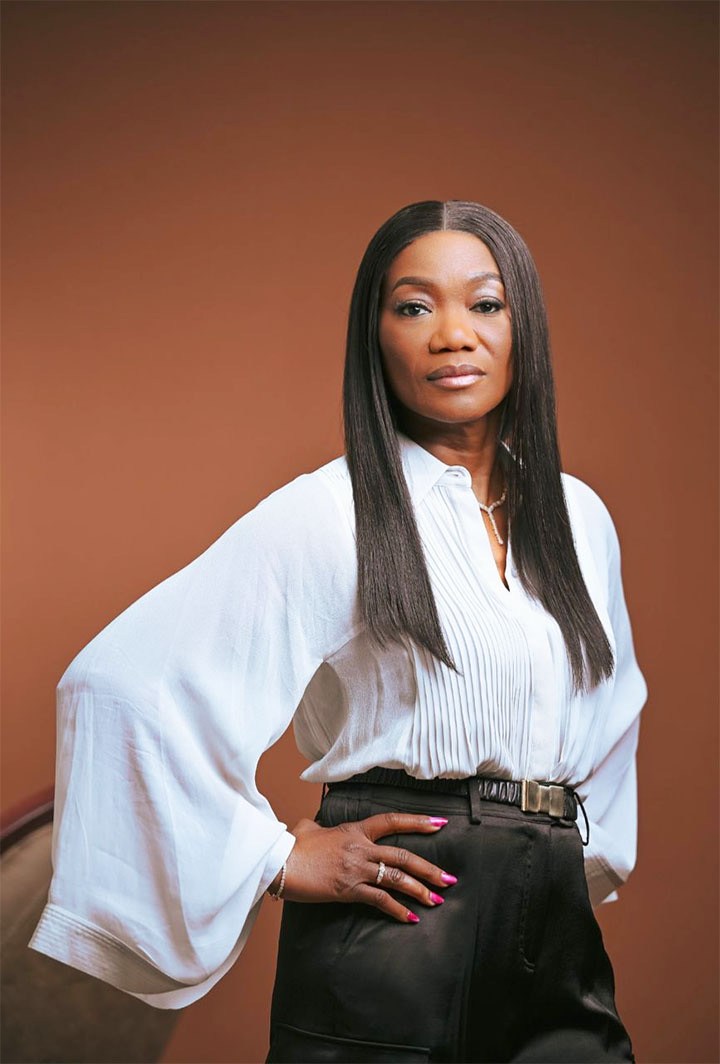

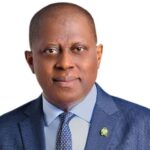
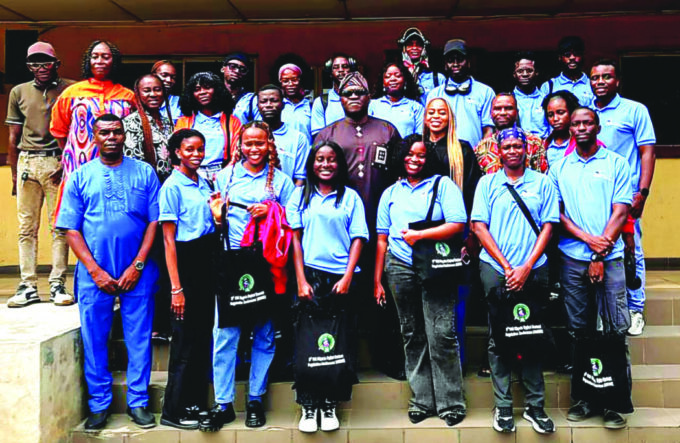
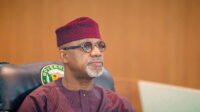
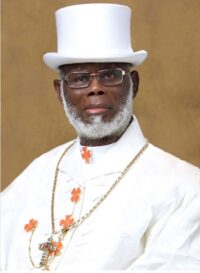
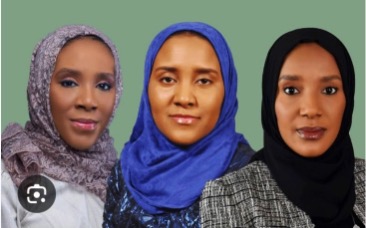
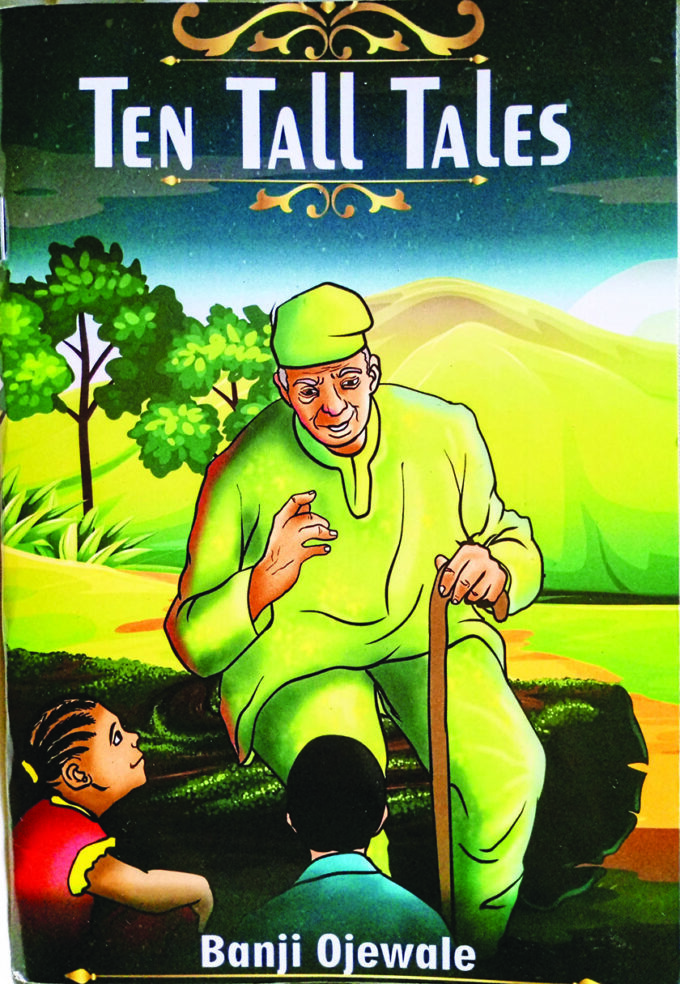







Leave a comment